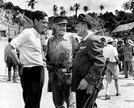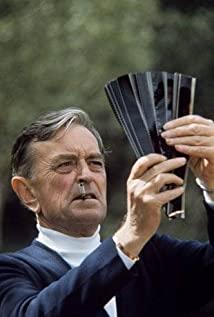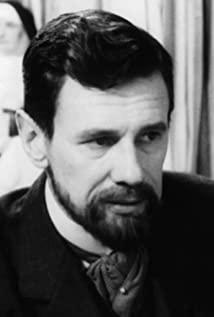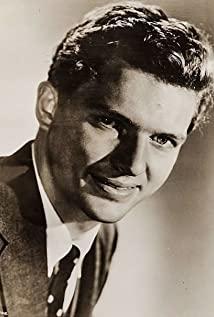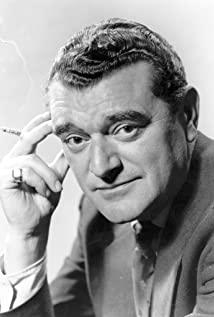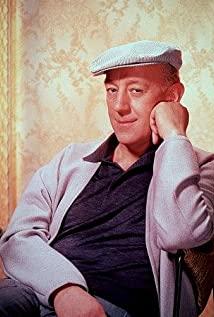It lasted two and a half hours. Around a bridge, small Japan built the bridge to invade, and the Allied forces bombed the bridge to stop the aggression. This is from the perspective of God. Soldiers are not God. They only have orders from their superiors and survive.
If there is no war background, it is more like two parties A and B cooperating to build a bridge project. Both parties weigh their interests, run in with each other, streamline administration and delegate powers, and finally complete the targets successfully. It is like a workplace soap opera.
But war and the enemy and ours exist objectively, and the opponents have to fight for life and death, but what is the meaning of everything? In the process of building the bridge, for the British captives, the sense of accomplishment in building the bridge drove them. This was just a delegated task.
The Allied forces have to blow it up in order to win the war. The Yankee hero's speech after his superiors was injured seemed to point out the theme: abandon irrelevant meaning and enjoy the joy of life in the present. Living is the foundation of everything.
But at the end, he was just as unwilling to sacrifice his life for blasting the bridge, because they paid so much to get to this point. The lives of several comrades in arms have gone through hardships and cannot be burned. Seeing that the British captive officer wants to ruin this close in front of him. Victory, he chose to complete his mission.
The bridge that was blown up seemed to be accusing the devil of war. Isn't a good bridge good for the country and the people, and why is it all blown up? The Japanese really know why they are shining souls and slaughtering innocents.
Those women who can endure hardship revealed the truth: the power of human existence is infinite, and war cannot be defeated.
View more about The Bridge on the River Kwai reviews





